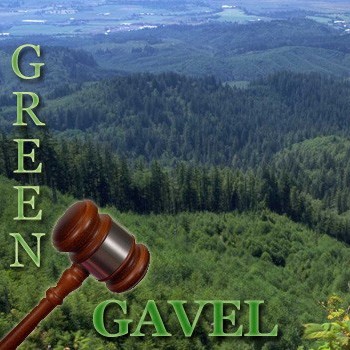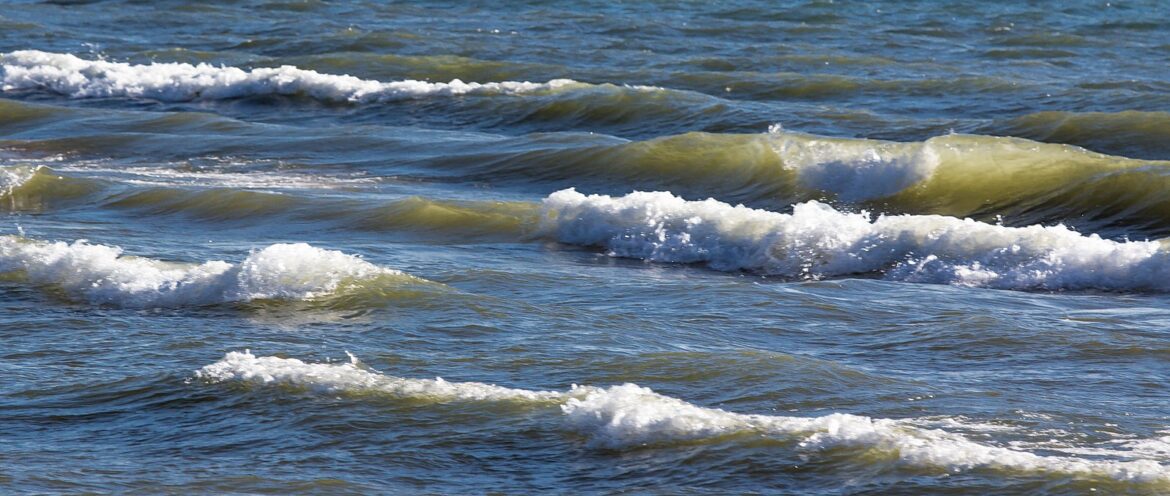Capital News Service
Businesses signal support of Michigan’s climate goals
|
Fifteen businesses, including Ford Motor Co., General Mills, General Motors and two West Michigan microbreweries, have written to Michigan Gov. Gretchen Whitmer in support of her administration’s carbon neutrality goals.




